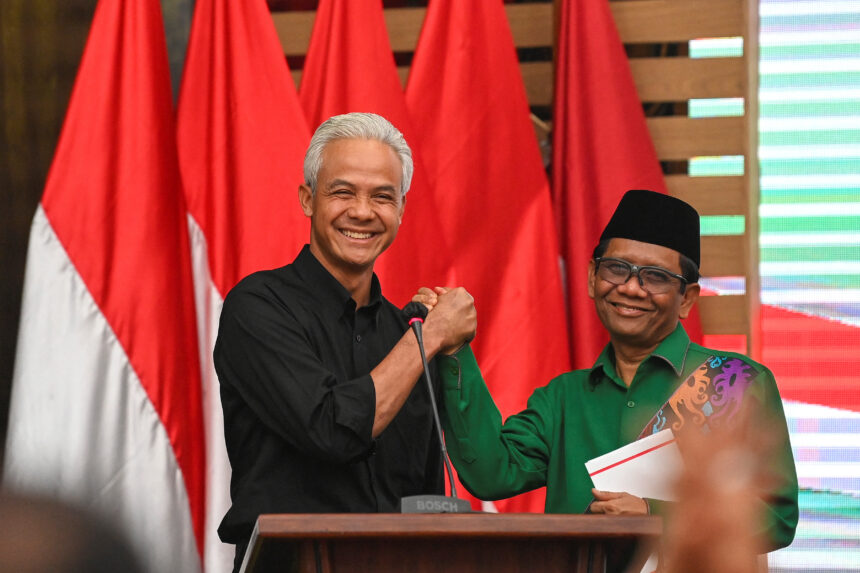- Indonesia’s presidential candidates hold differing stances on key tech policies.
- The election outcome will determine if Indonesia provides the regulatory clarity.
- Startups and investors eagerly await signals on the next administration’s vision for the country’s tech growth.
With Indonesia’s presidential election on February 14, the tech industry eagerly awaits whether the new administration will continue outgoing President Joko Widodo’s legacy of boosting the digital economy.
Widodo has served two terms and is credited with policies that grew Indonesia’s tech sector to nearly $80 billion in 2022.
Candidates’ tech policies diverge
The candidates vying to replace Widodo take differing stances on key tech issues like social commerce regulations, electric vehicle development, and support for startups.

Frontrunner Prabowo Subianto intends to maintain the controversial ban on TikTok Shop’s direct selling, despite TikTok’s recent acquisition of the e-commerce platform Tokopedia.
His stance favors protecting small merchants, whereas other candidates, Anies Baswedan and Ganjar Pranowo, focus more on pricing controls over bans.
Indonesia’s digital economy
Most candidates also plan to continue Indonesia’s push into electric vehicles, which Widodo hoped would position the country as a global EV battery production hub.
However, amid a venture capital slowdown, startups want more ecosystem commitments like incubation programs and incentives driving digital adoption to reenergize the sector.

As investors adopt a wait-and-see approach to potential policy shifts, the election result will heavily influence Indonesia’s tech growth trajectory. The new administration faces pressure to provide regulatory clarity, reduce red tape, and demonstrate strong support for digital transformation.









